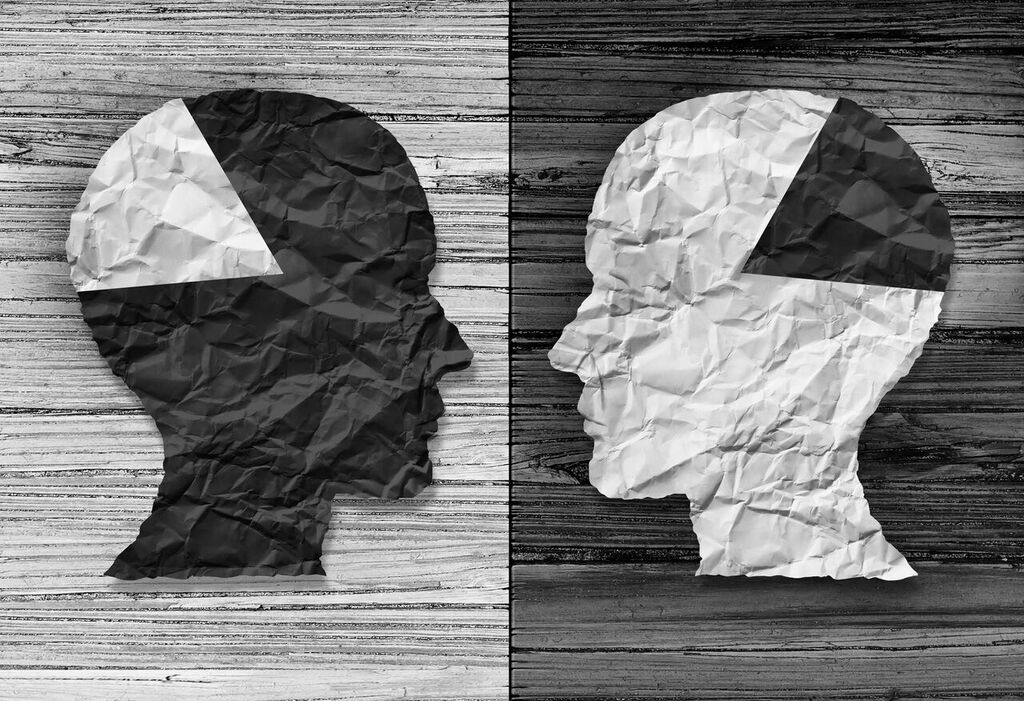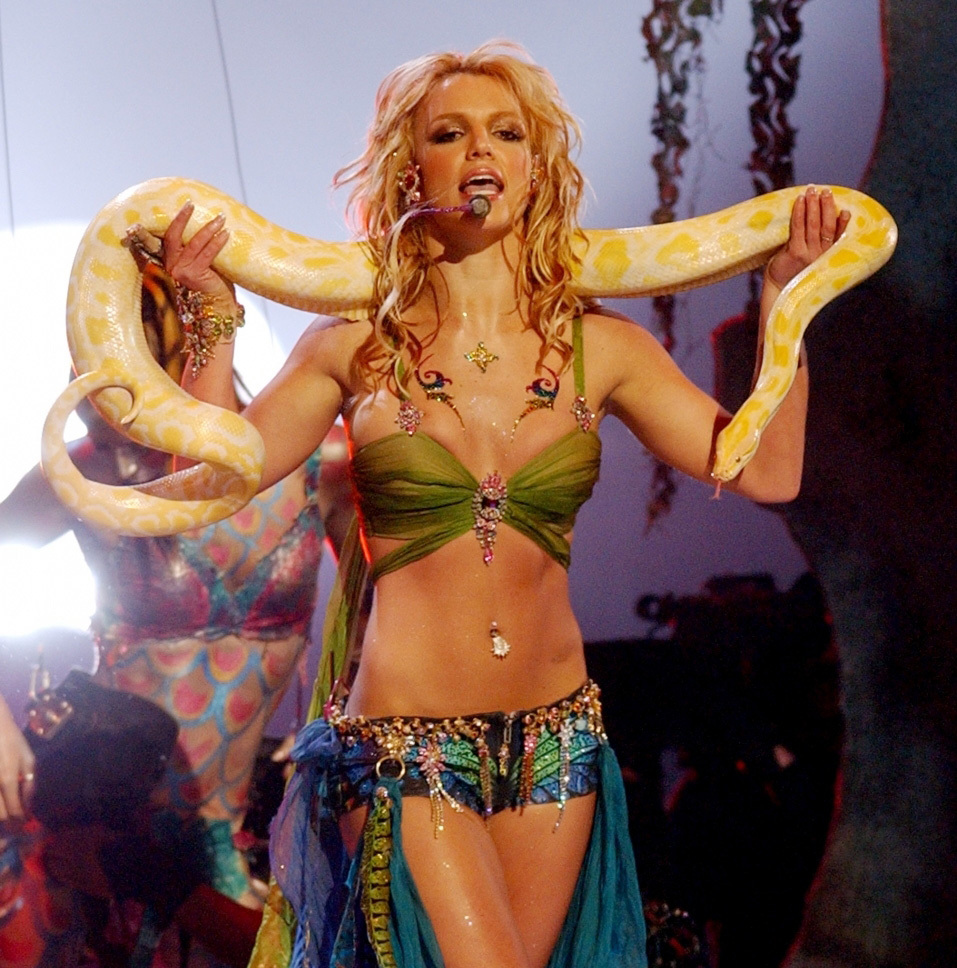
No one is immune from internal bias
By Cazzy Lewchuk, Contributor
“Look around and you will find, no one’s really colour blind. Maybe it’s a fact we should all face. Everyone makes judgements based on race.”
– “Everyone’s A Little Bit Racist” Avenue Q
We live in a racist, white supremacist society. Canada was founded on white people conquering a land and decimating the indigenous people who lived here. In the years afterwards, aboriginal people and non-white immigrants were considered lesser beings for their ethnicity, and this racism lingers in society today. In every white-majority country, white people control almost all the power. As a side effect, racism creeps in on an individual and systematic level. White society’s entire history has involved oppressing POC (people of colour) in dehumanizing ways. While our society is less segregated than it used to be, POC are still oppressed and considered not fully equal to white people.
I believe that everyone makes racial assumptions regardless of background. We all see and think of people who do not share our physical ethnic traits in a different way. We are raised in a society that treats POC historically and systematically as second-class citizens. That societal influence gets into our minds, even if we don’t immediately realize it.
The concepts of racial prejudice—which can be performed by anyone—and racism, which is an oppressive system perpetrated by white people against other races—are difficult. As a white person, I’m still learning to understand the experiences of others and recognized academic concepts.
There’s a lot of debate and confusion on the difference between racial prejudice and racism. You can be racially prejudiced against a white person, but I believe that white people can’t have racism inflicted upon them. Racism is the systematic oppression and dehumanization of ethnic minorities, so in a white-majority society, a white person cannot suffer from racism. Calling a white person “cracker” isn’t the same as calling a black person the N-word, because “cracker” wasn’t used historically to refer to that person as sub-human.
Complacency and denial has a lot to do with our hidden racism. When we deny racism, defend white supremacist ideology, and express ideas relating to segregation or white nationalism, we naturally increase the problem. To be called racist is considered to be one of the most insulting things there is, because we know that the concept is wrong. The issue is that we don’t always understand exactly what racism is or how it can manifest in subtle ways. It’s important to understand that admitting to racist tendencies isn’t the same as being alarmingly bigoted. Recognizing and working on our inherent bias is the only way to eliminate this sort of thing. There’s a difference between being a full-on Nazi and admitting that you, as a white person, sometimes make negative assumptions about POC. It’s okay to admit that we live in a historically and socially racist society, and that we all (especially white folk) need to do better.
Due to the society around me, I’m racist, and so are you. There is no one alive who “doesn’t see colour” and is completely free of internal bias. The most tolerant people are the ones who recognize their own privilege and experiences, and seek to not only understand, but give a platform to those who are different.
Everyone is responsible when it comes to admitting to and fighting racial prejudice. If you’re white, you have an important and meaningful role in fighting that ideology. We must consider what factors inspire our understandings of other races and how negative those associations are historically. We should also remember how brutal our treatment of POC was in history. Systematic torture, murder, dehumanization, slavery, and suppressing entire cultures are some of the most horrific results of racism. It’s never okay, and racist ideologies can lead to genocide far too quickly. Racism is wrong, and the only way to eliminate it is honest and frank discussions about how prominent it really is.


